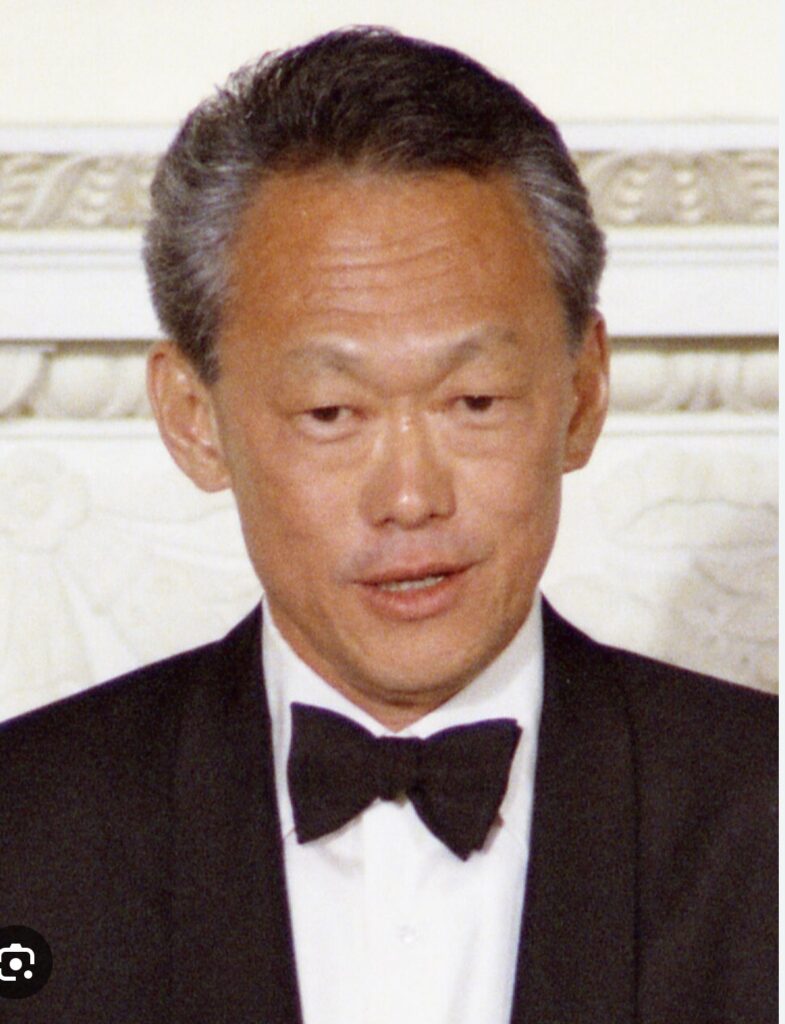
THERE ARE a few reasons that a person could want to make content – some people do it for the money, which is a very real aspect, some people do it for the fame and some for the validation (Tim Tiah’s position); I am a little bit different, though.
I do it because I can feel my mind changing, and I enjoy watching it happen.
The demand of content creation is that your mind understands what appeals to people, and the turns you must take for your desired guest; it also requires that you understand what is relevant to people and can catch on to the correct trends and the constellation-universe of possibilities that you may encounter along the way, whether it’s making better videos, engaging with your audience, dealing with undesirables (unfortunate but real), and generally looking at the world in a way that is valuable.
Of course, a spat of luck in being able to do exactly that is nice and everything and it might not necessarily indicate skill in some way (I could be irrelevant in five minutes – who knows?), but I do feel that in this whole process of making videos, doing research, understanding what Malaysia as a country and the world cares about in this collective experience we all have, little parts of me are changing in an interesting direction.
I’ve been called a range of things – let me share some of them.

You’ll find many more on my channel, both through the post that these comments appeared on (designating me as a ‘nice guy’????)

…And also through the rest of my work, whereby I’ve been told on various occasions that maybe I should stand for parliament – and not in a small way, or just a single time.
Here’s an illustrative example.

I was unable to give this a heart emoji.
It’s not because I don’t like the comment. @RCRC-g9u, you receive the Order Of The Sepup 👑 but no, I cannot give you a heart emoji.
You know why?
It’s because I don’t know how to deal with that possibility.
For all you know, that could happen – I consider it a little unlikely, but you never know how the bell will toll and what exactly will transpire on the journey, but haha it’s interesting to see that there’s this demand out there.
But you know, I like to think that I’m self-aware, and with the little self-awareness that I have, I know that there are certain joys associated with doing what I do and restraints associated with being a Member of Parliament; I am certainly aware also that some people might just consider me a mere opinionated ruffian with nothing else to my name apart from an overly-opinionated personality.
To me, that is actually fine as generally I don’t care too much what people think about me and I am unable or even occasionally terminally unwilling to pander to people’s egoes – perhaps that’s not a great perspective if you want votes? Haha, who knows. Didn’t stop Trump, did it?

Returning from the grandiose turn, I’m not a huge creator; 20,000 subscribers on YouTube is nearly nothing compared to the big boys – but it is not insignificant either. I thank each and every one of you new and old, wherever you are, in whatever capacity you’ve discovered me, whether by accident or by choice, and express deep gratitude for what you’ve chosen, even as I recognize that subscriptions correlate with but do not determine impact, and understand that each of you have equally deep, rich, and multilayered mental worlds within yourselves than that which I have chosen to showcase on the internet and that I have the privilege of bridging to your own.
I won’t put the link here – if you want to consider what I’ve done by an act of choice, I think you know where to go.
Whatever it is, it’s not the fame (which has manifested in some strange and interesting ways and that I have my own thoughts about) that most motivates me; it’s not the idea of being ‘influential’ in terms of shaping social outcomes, although that’s assuredly a part of my hopes though one constrained by self-confirmation biases and algorithms that seek profit in a polarized world; I am most enduringly fascinated by the way this process of creating content has shaped and continues to shape me as a human being.
It’s been interesting to watch myself engage with the world, speak a little more clearly each day, and pretty much just vibe with the world and everything it’s given; the world is deeply and almost infinitely interesting to me, and it has become more so in these days that one day I will imagine ring as the halcyon days.
There is something special about riding on the wave of the thoughts of a generation, to exercise your agency – to shape others in the ways that you can, to shape yourself in the way you deem ideal; to articulate what you have known and shall actively come to know as the way the world is, has been, and must be.
If there is something good that may come from this and that you, the (human!) reader, consider meaningful, I would love to engage further with you whether on this platform or on the others – please don’t be shy to write to me, whether on YT or here (I will respond if I see genuine comments, though I’ve had to block the comments from bots), or on Instagram, where I tend to yak a bit when I’m not making videos or meeting people 🙂
Thank you sepupz, and see you soon!
Yours,
Sepup.



